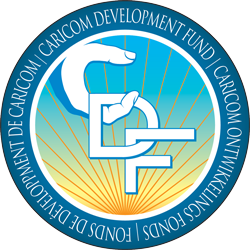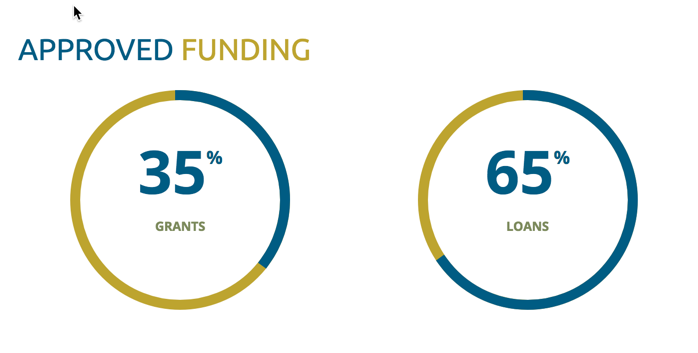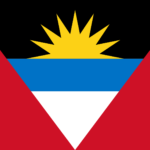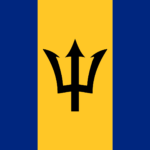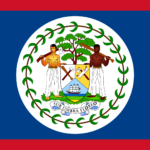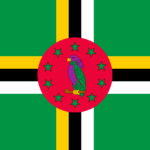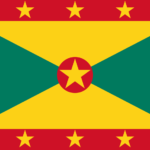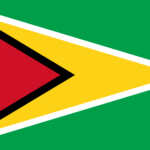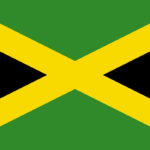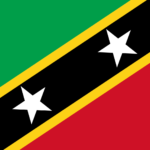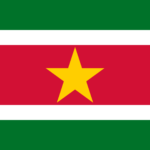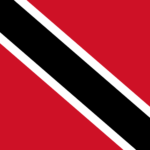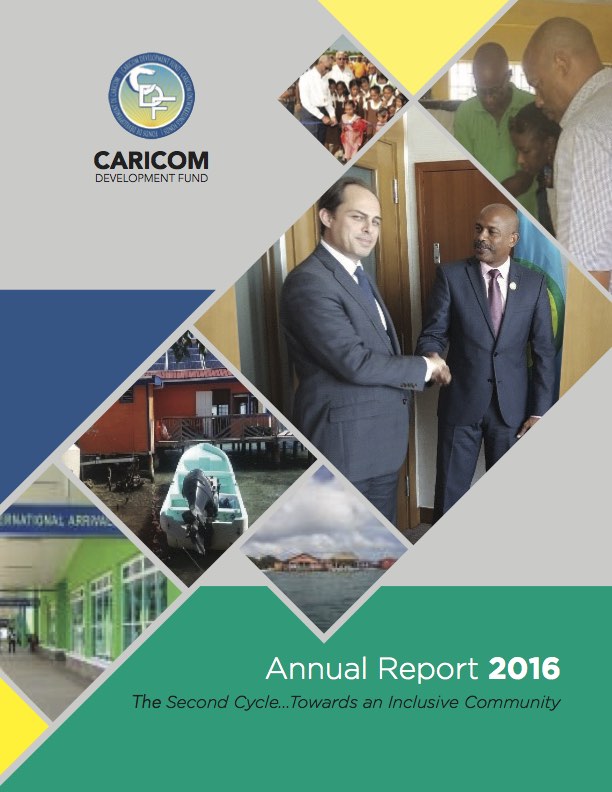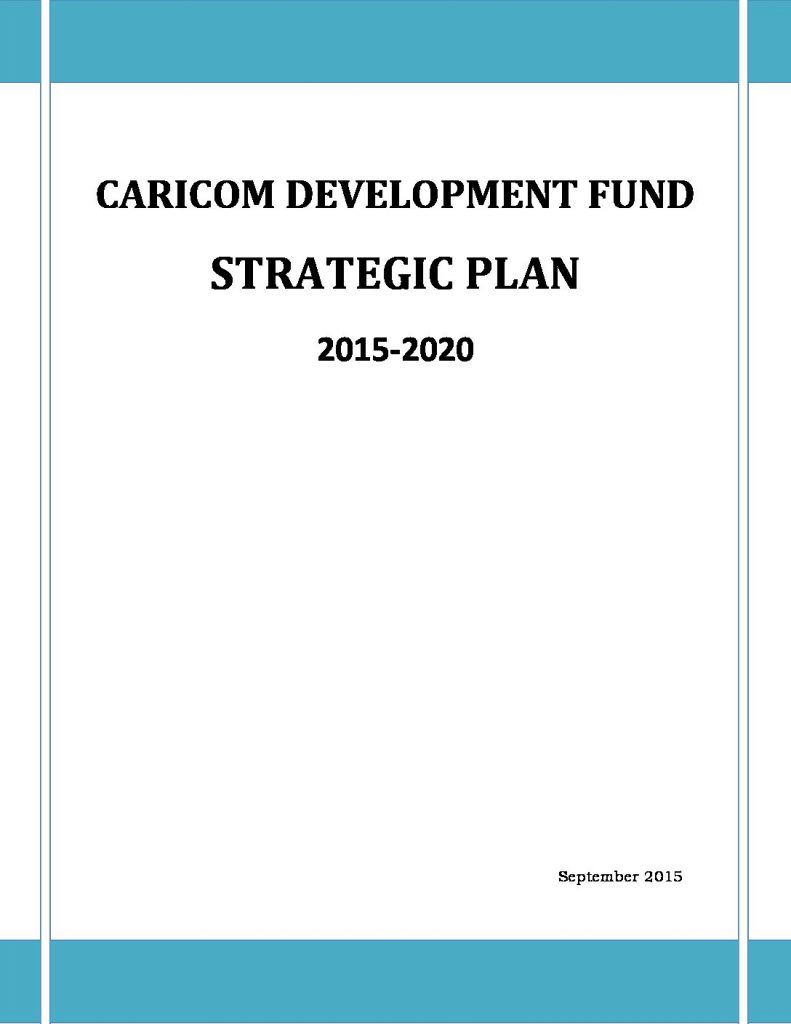ENVIRONMENTAL AND SOCIAL SAFEGUARDS (ESS) POLICY FOR THE CARICOM DEVELOPMENT FUND (CDF)
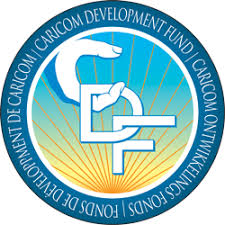
POLICY CONTEXT AND OBJECTIVES
The CARICOM Development Fund (CDF) was established to operate a regime for disadvantaged countries, regions and sectors, to enhance their prospects for development and successful competition within the context of the CARICOM Single Market and Economy (CSME), and to redress, to the extent possible, any economic dislocation arising from the establishment of the CSME within the context of that regime.
The CDF delivers its financial and technical resources to beneficiary countries through a country programming approach which involves the active participation of respective Member States. The programming approach assures the ownership of the programme by stakeholders and focuses on the attainment of strategic outcomes rather than simply on individual project objectives. The outcome of this approach is a Country Assistance Programme (CAP) for each beneficiary Member State, which encapsulates loan and grant agreements between the CDF and the beneficiary country. The CAP identifies initiatives consistent with national policy of the Member State and the CDF Strategic Plan. Guided by the CARICOM Cohesion Policy, CDF intends to design the CAPs to address disadvantage more deliberately within and across sectors and regions, including communities, and not only at the country level. This would reflect the full articulation of the CDF’s treaty-based mandate. The introduction of this Environmental and Social Safeguards Policy will strengthen the institutional framework and help build the capacity that the CDF requires to deliver upon its mandate.
CLICK HERE for the fully elaborated CDF Environmental and Social Management System (ESMS) underlying this Policy.
